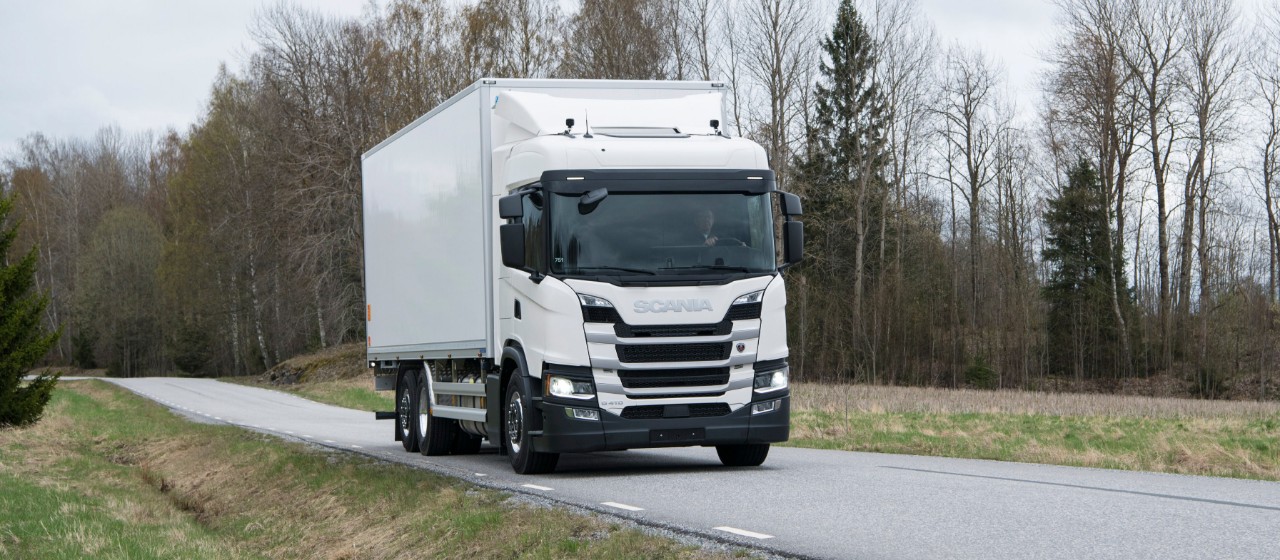
Scania's bioethanol engine reduces CO2 emissions
10 JUNE 2019
Scania introduces a 410 horsepower bioethanol engine for long-distance applications, enabling CO2 reductions of up to 90 percent.
Scania introduces yet another alternative fuel engine option for the new truck generation and Euro 6. “With this engine, we’ve just added another ace in our hand of sustainable solutions, which is the most diverse in the industry,” says Henrik Eng, Product Director, Urban, Scania Trucks.
The new bioethanol engine delivers 2,150 Nm, equal to that of its diesel sibling, and the fuel consumption is also on a par with a conventional diesel engine. The foundation was built by Scania’s 13-litre inline six engine. It uses compression ignition similar to conventional diesels, which limits the need for hardware modifications. The more significant changes made to the engine are related to the fuel injection system and modified cylinders for increased compression. The same SCR aftertreatment is used that Scania applies in nearly all its Euro 6 engines.
Ethanol is the most readily available renewable fuel in the world and can easily be produced locally in many countries. Scania’s bioethanol engines operate on ED95, an ethanol grade that includes five percent ignition improver and lubricants. This additive enables the engine to function according to the diesel principle with compression ignition. In addition to helping to reduce CO2 emissions up to 90 percent, the bioethanol engine also has positive impacts on NOx and particulate emissions.
“Regardless of market, industry or application, Scania can always offer at least one additional economically-viable sustainable solution. The bioethanol engine is ideal for several applications and will perform excellently in both construction tippers and long-distance tractors”, says Eng.